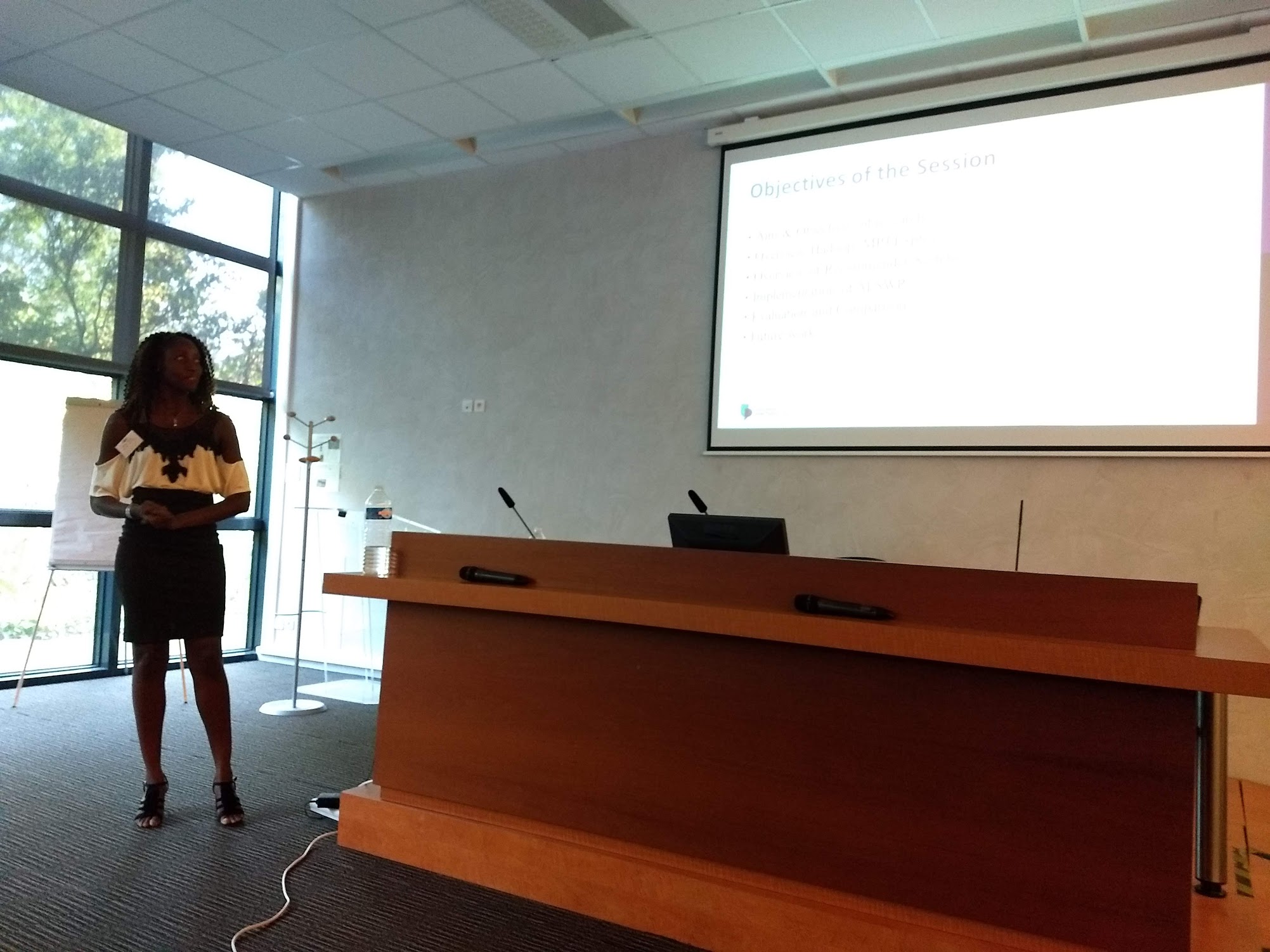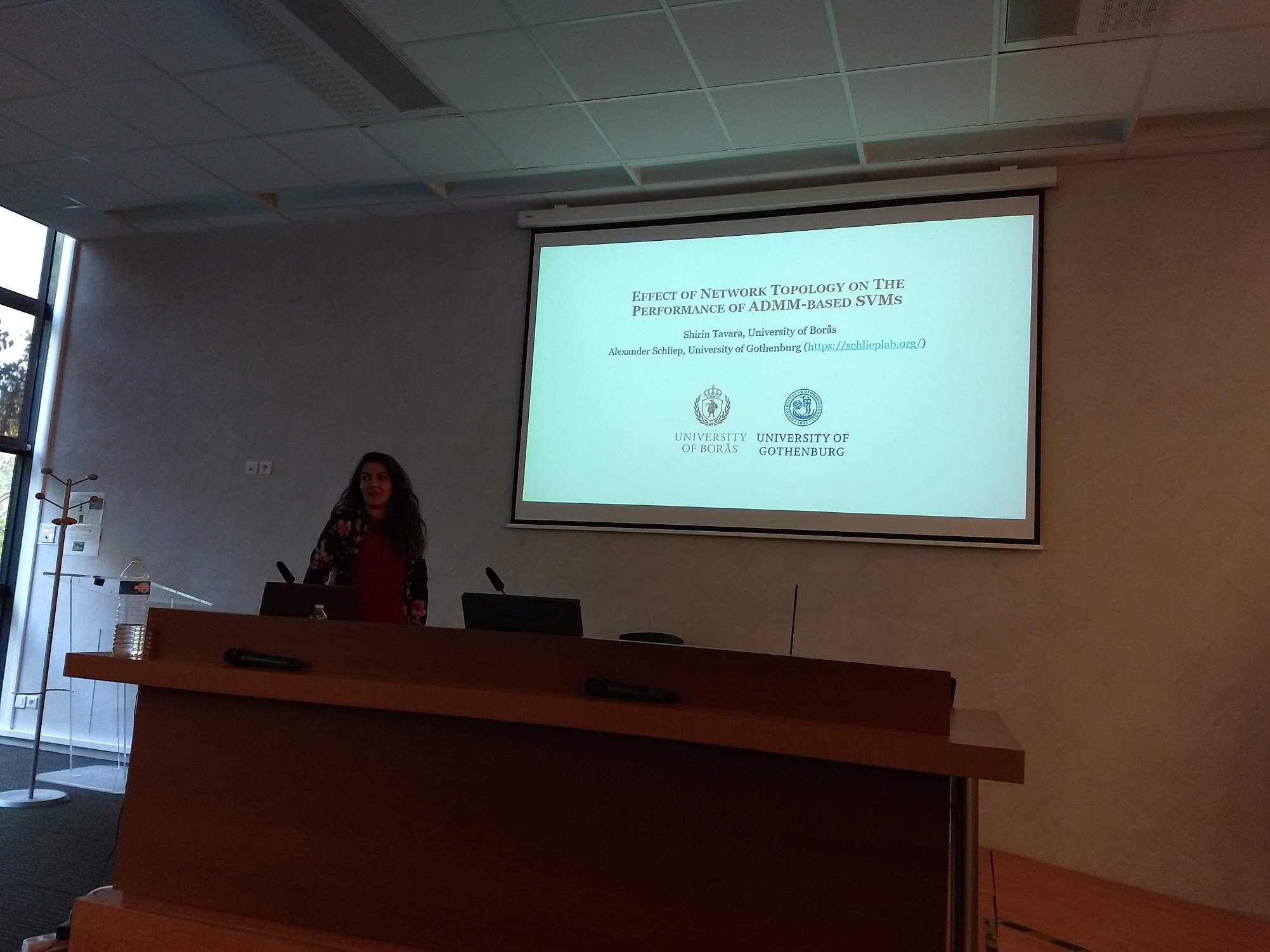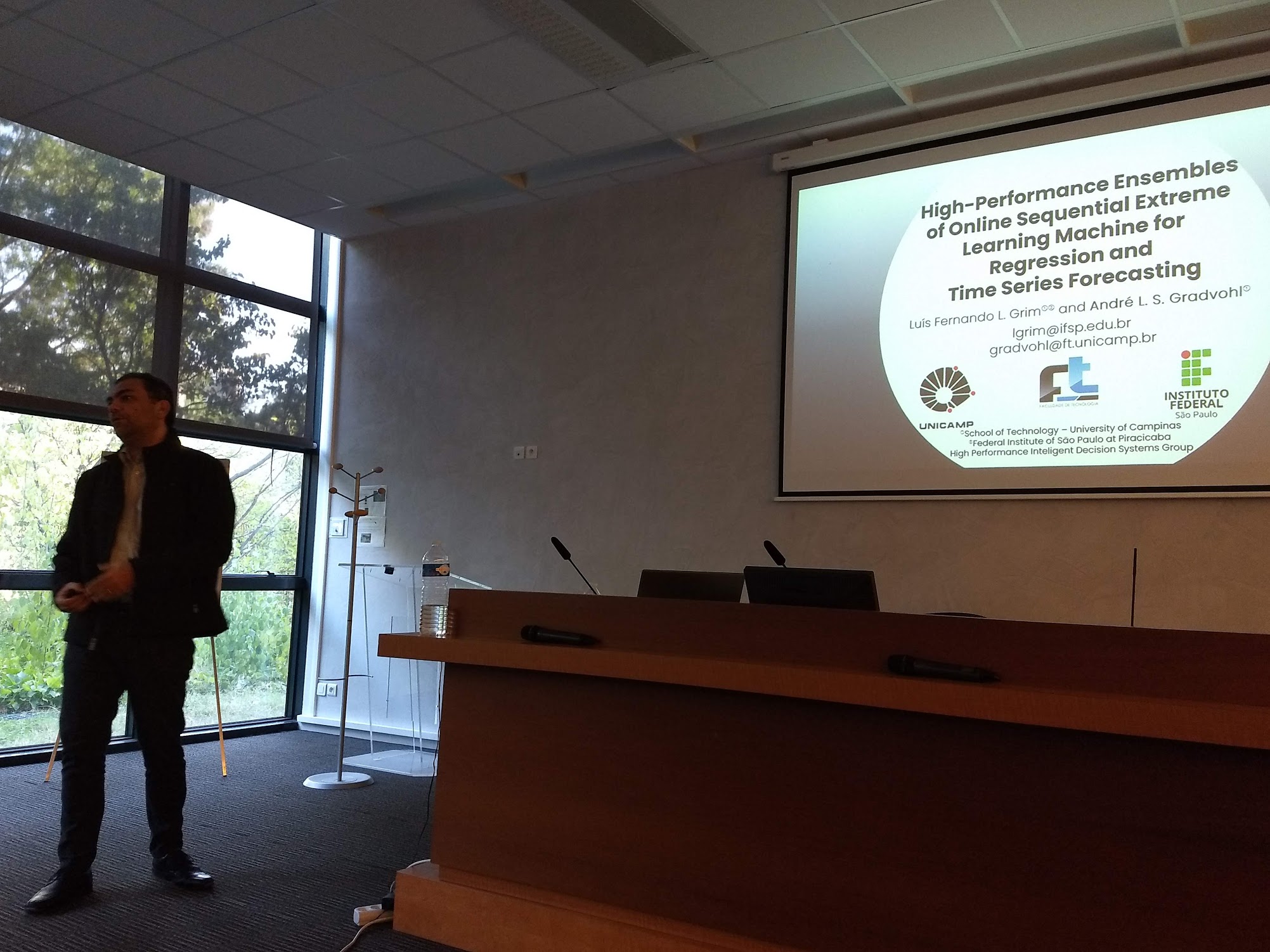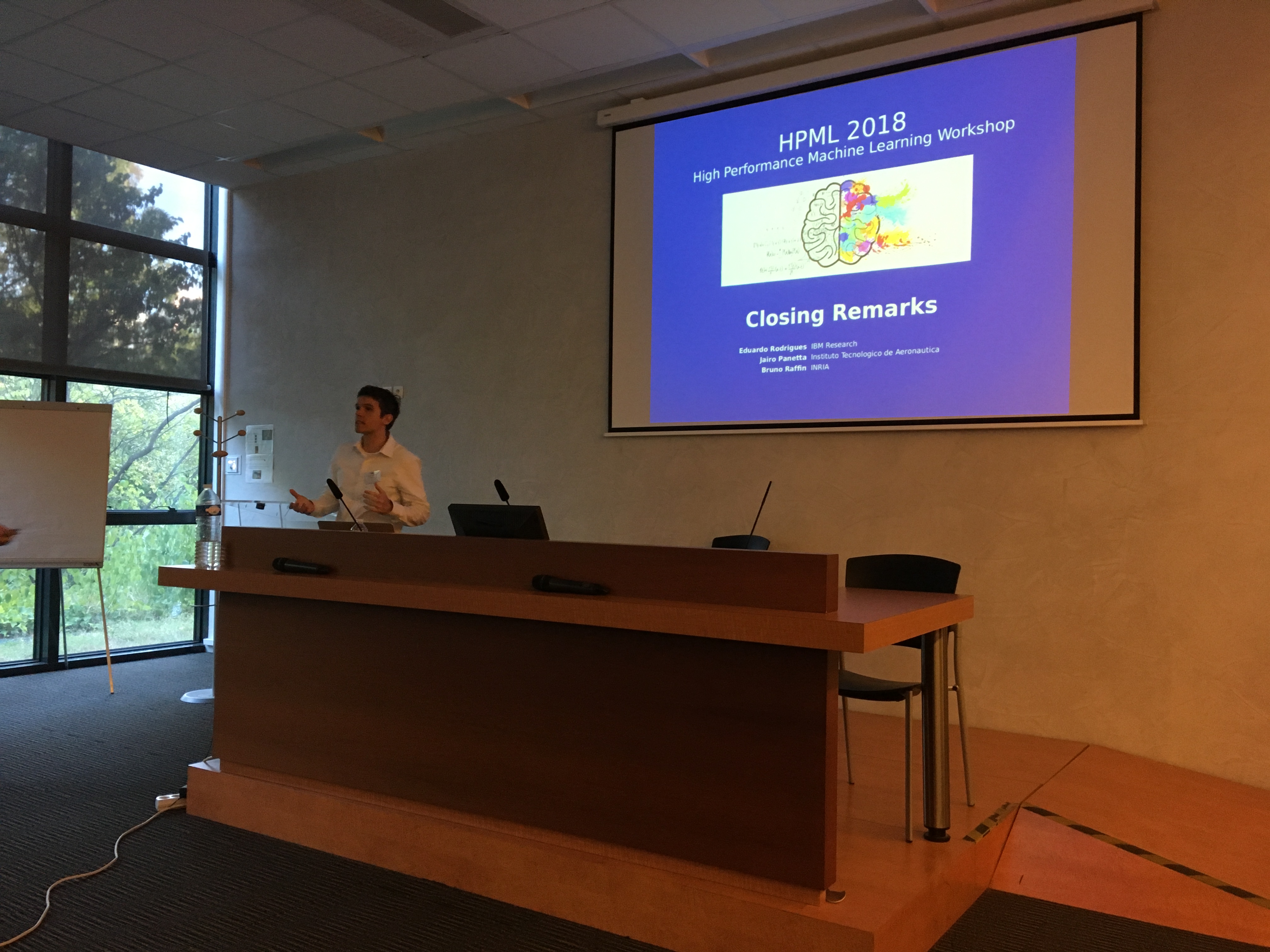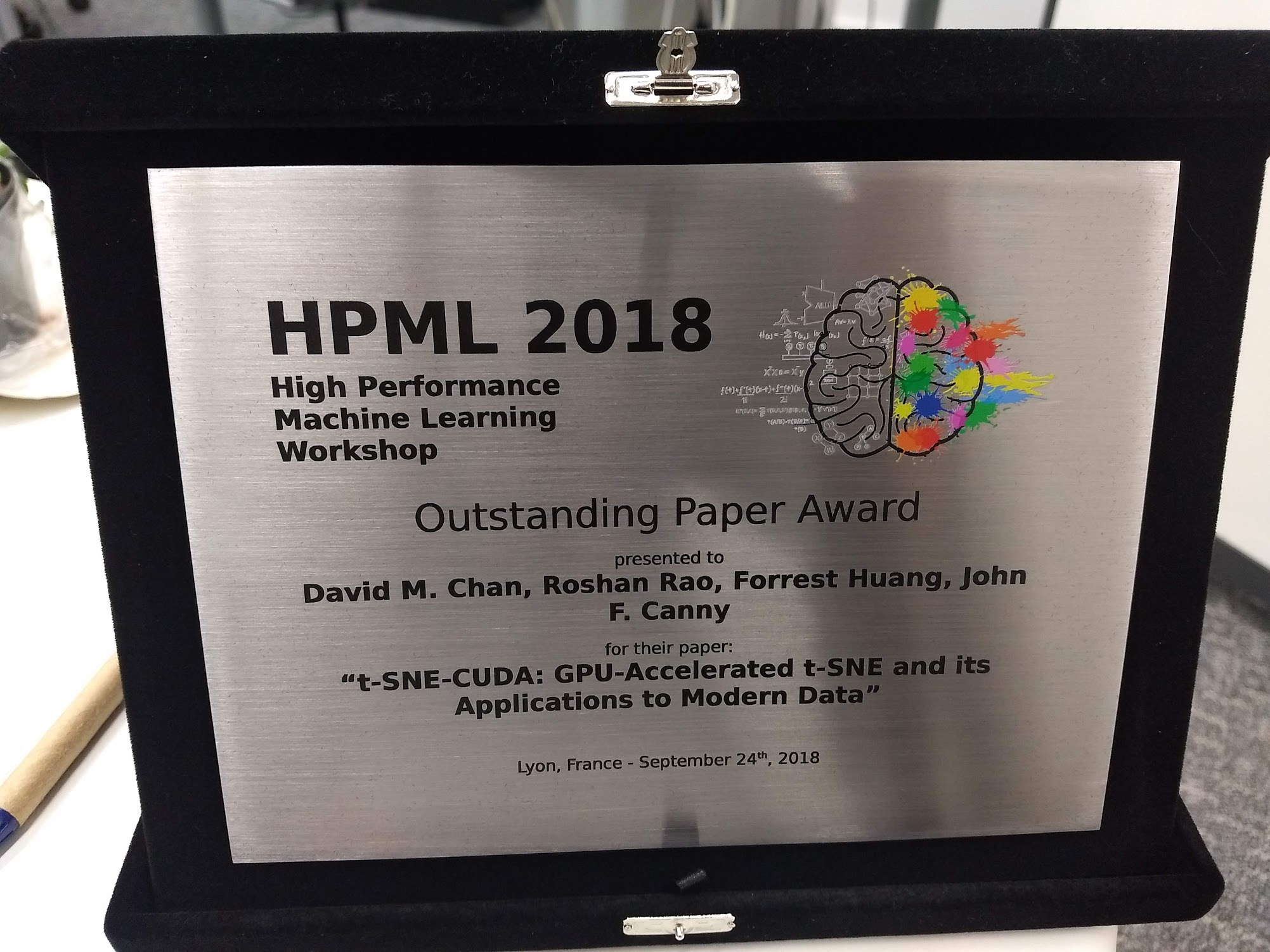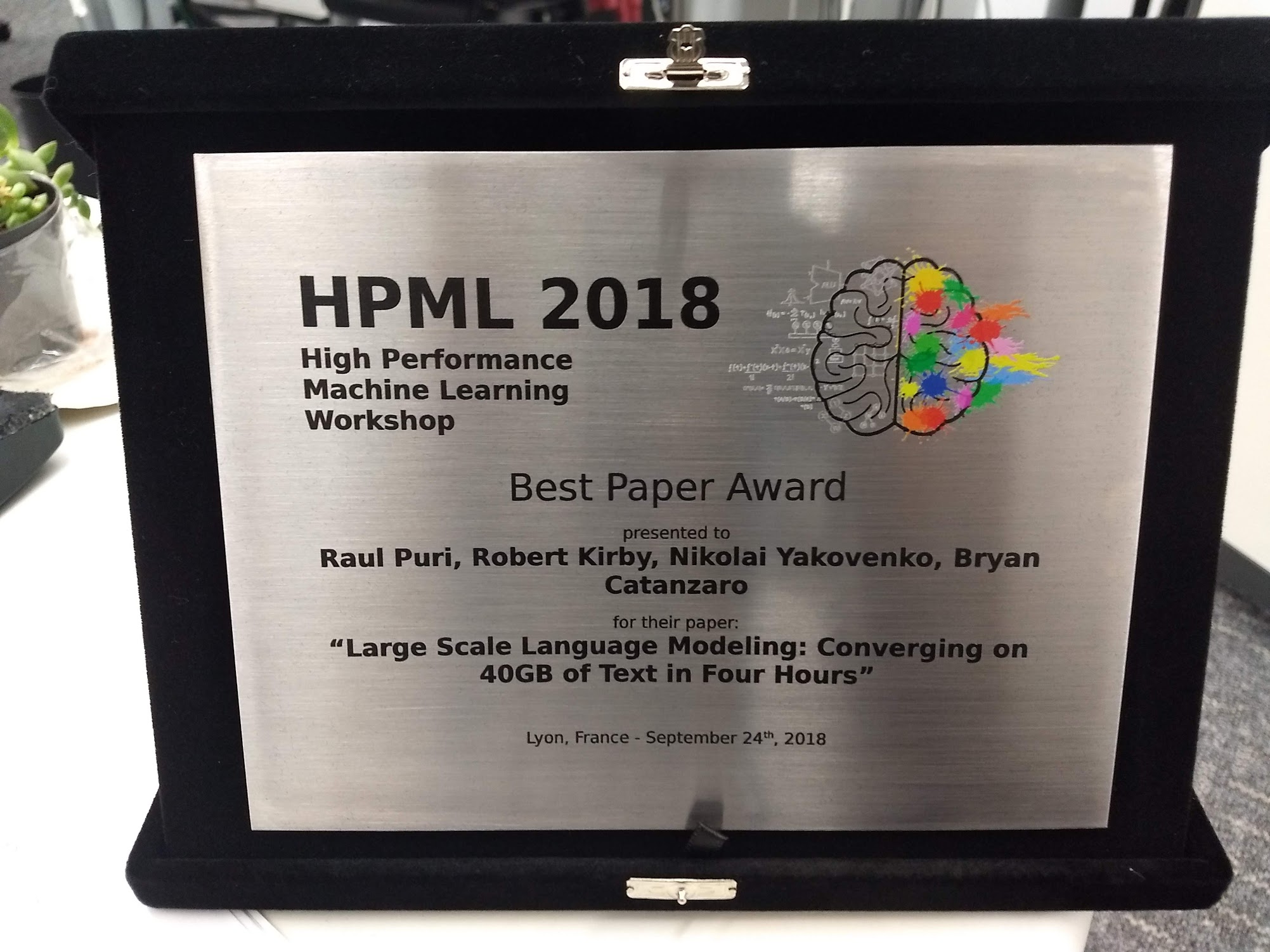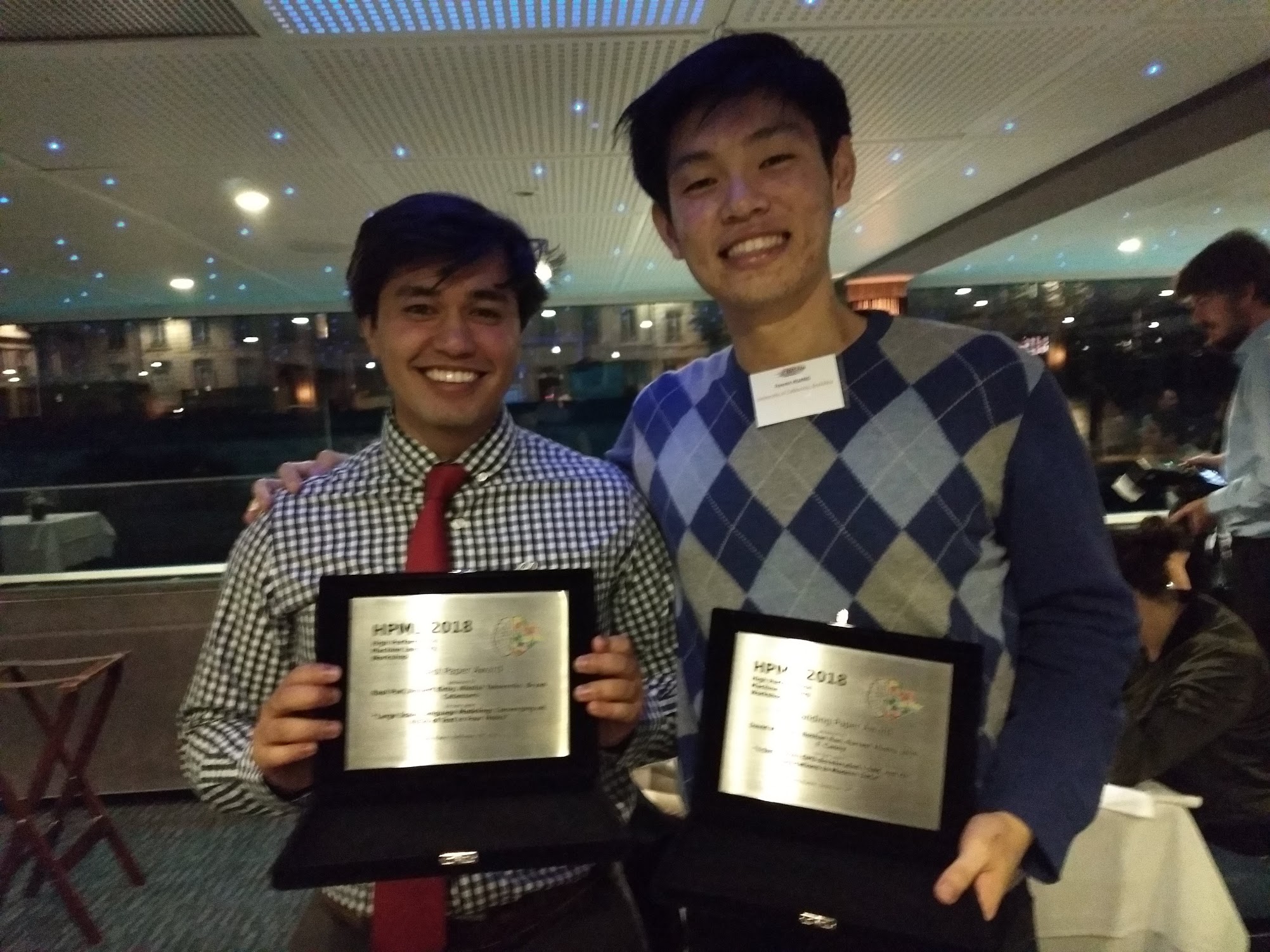HPML 2018
High Performance Machine Learning Workshop
News: Next year HPML announced !
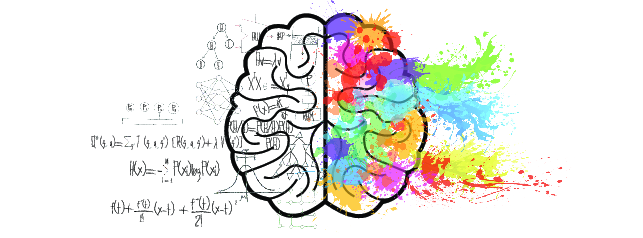
September 24, 2018, Lyon, France.
Held in conjunction with IEEE SBAC-PAD 2018
Overview
This workshop is intended to bring together the Machine Learning (ML), Artificial Intelligence (AI) and High Performance Computing (HPC) communities. In recent years, much progress has been made in Machine Learning and Artificial Intelligence in general. This progress required heavy use of high performance computers and accelerators. Moreover, ML and AI have become a “killer application” for HPC and, consequently, driven much research in this area. These facts point to an important cross-fertilization that this workshop intends to nourish.
We invite researchers and professionals to take part in this workshop to discuss the challenges of Machine Learning, AI and HPC, and share their insights, use cases, tools and best practices.
HPML is held in conjunction with the 30th edition of SBAC-PAD. SBAC-PAD is an international conference on High Performance Computing started in 1987 in which scientists and researchers present recent findings in the fields of parallel processing, distributed computing and computer architecture.
Proceedings will be published in IEEE Xplore. Furthermore, a number of selected papers will be invited to a special issue of the Journal of Parallel and Distributed Computing (Elsevier - JPDC):
HPML 2018 flyer
Keynote
Keynote speech:
Title: Serendipity: How supercomputing technology is enabling a revolution in artificial intelligence
Speaker: José E. Moreira, Distinguished Research Staff Member, IBM Research
Abstract: With the availability of both large compute power and large data sets, we have witnessed a revolution in machine learning technology, which has become a mainstream tool for both business and scientific applications. This revolution is likely to accelerate, as even more compute power is brought to bear, and deliver many of the promises of artificial intelligence. In this talk we will investigate how far the impacts of machine learning can go. We will cover the new Summit supercomputer, which brings unprecedented compute capabilities to both traditional high performance computing and artificial intelligence problems, analyzing the similarities as well as the differences in those two fields. We will also speculate about the future of machine learning and, in particular, its possible limitations. We will conclude with a discussion of one of the most important scientific questions of our time: Is consciousness computable?
Bio: José E. Moreira IBM Research Division, Thomas J. Watson Research Center, Yorktown Heights, New York. Dr. Moreira is a Distinguished Research Staff Member in the Scalable Systems Department at the Thomas J. Watson Research Center. He received a B.S. degree in physics and B.S. and M.S. degrees in electrical engineering from the University of Sao Paulo, Brazil, in 1987, 1988 and 1990, respectively. He also received a Ph.D. degree in electrical engineering from the University of Illinois at Urbana-Champaign in 1995. Since joining IBM at the Thomas J. Watson Research Center, he has worked on a variety of high-performance computing projects. He was system software architect for the Blue Gene/L supercomputer and chief architect of the Commercial Scale Out project. He currently leads the IBM Research work on the architecture of Power processor. He is an author or coauthor of over 100 technical papers and 10 patents. Dr. Moreira is a member of the IEEE (Institute of Electrical and Electronics Engineers) and a Distinguished Scientist of the ACM (Association for Computing Machinery).
program
Program
Monday, September 24 | |
09:00 10:00 | KEYNOTE - Serendipity: How Supercomputing Technology is Enabling a Revolution in Artificial Intelligence José E. Moreira IBM Research |
10:00 10:30 | Coffee & Tea & Juice Break |
SECTION 1 | |
10:30 10:55 | Large Scale Language Modeling: Converging on 40GB of Text in Four Hours Raul Puri, Robert Kirby, Nikolai Yakovenko, Bryan Catanzaro Nvidia USA |
10:55 11:20 | Accelerating deep neural network training for action recognition on a cluster of GPUs Guojing Cong, Giacomo Domeniconi, Joshua Shapiro, Fan Zhou, Barry Chen IBM TJ Watson, Georgia Tech, Lawrence Livermore National Laboratory |
11:20 11:45 | An argument in favor of strong scaling for deep neural networks with small datasets Renato Cunha, Eduardo Rodrigues, Matheus Palhares Viana and Dario Augusto Borges Oliveira IBM Research |
11:45 12:10 | Deep Learning on Large-scale Multicore Clusters Kazumasa Sakiyama, Shinpei Kato, Yutaka Ishikawa, Atsushi Hori and Abraham Monrroy The University of Tokyo, Riken, Nagoya University |
12:10 12:35 | On the Resilience of RTL NN Accelerators: Fault Characterization and Mitigation Behzad Salami, Osman Unsal and Adrian Cristal Kestelman Barcelona Supercomputing Center |
12:35 13:00 | t-SNE-CUDA: GPU-Accelerated t-SNE and its Applications to Modern Data David Chan, Roshan Rao, Forrest Huang and John Canny University of California, Berkeley |
13:00 14:00 | Lunch at the Buisson Cafeteria |
SECTION 2 | |
14:00 14:25 | HyperSpace: Distributed Bayesian Hyperparameter Optimization M. Todd Young, Jacob Hinkle, Arvind Ramanathan, Ramakrishnan Kannan Oak Ridge National Lab |
14:25 14:50 | A Machine Learning Approach for Parameter Screening in Earthquake Simulation Marisol Monterrubio-Velasco, Jose Carlos Carrasco-Jiménez, Octavio Castillo-Reyes, Fernando Cucchietti, Josep De la Puente Barcelona Supercomputing Center |
14:50 15:15 | A Case Study on Optimizing Accurate Half Precision Average Kenny Peou, Joel Falcou and Alan Kelly Numscale, Université Paris-Saclay |
15:15 15:40 | Optimization of a sparse grid-based data mining kernel for architectures using AVX-512 Paul Cristian Sârbu and Hans-Joachim Bungartz Technical University of Munich |
15:40 16:05 | Energy Efficient Parallel K-Means Clustering for an Intel® hybrid Multi-Chip Package Matheus A. Souza, Lucas A. Maciel, Pedro H. Penna and Henrique C. Freitas PUC Minas |
16:05 16:30 | Coffee & Tea & Juice Break |
SECTION 3 | |
16:30 16:55 | Performance Comparison of a Parallel Recommender Algorithm across three Hadoop-based Frameworks Christina Diedhiou, Bryan Carpenter, Aamir Shafi, Soumabha Sarkar, Ramazan Esmeli, Ryan Gadsdon University of Portsmouth, Imam Abdulrahman Bin Faisal University |
16:55 17:20 | Effect Of Network Topology On The Performance Of ADMM-based SVMs Shirin Tavara and Alexander Schliep University of Boras, University of Gothenburg |
17:20 17:45 | High Performance Ensembles of Online Sequential Extreme Learning Machine for Regression and Time Series Forecasting Luís F. L. Grim and André L. S. Gradvohl University of Campinas |
17:45 18:00 | Closing remarks |
Thursday, September 27 | |
19:00 22:30 | Best paper award announcement @ SBAC-PAD Banquet Reception on the Hermes boat 3 Hours Cruise along the Rhone and Saone Rivers |
Topics
Topics
Topics of interest include, but are not limited to:
- Machine learning (including deep learning) models
- Large scale machine learning applications
- Statistical models
- Large scale data analytics
- Machine learning applied to HPC
- Accelerated Machine Learning
- HPC applied to Machine Learning
- Benchmarking, performance measurements, and analysis of ML models
- Hardware acceleration for ML and AI
- Parallel ML and AI models
- HPC infrastructure and resource management for ML
- Parallel Causal Models
Submission
Submission
We invite authors to submit original work to HPML. All papers will be peer reviewed and accepted papers will be published in IEEE Xplore. Furthermore, a number of selected papers will be invited to a special issue of the Journal of Parallel and Distributed Computing (JPDC) - Elsevier.
Submissions must be in English, limited to 8 pages in the IEEE conference format (see https://www.ieee.org/conferences/publishing/templates.html )
All submissions should be made electronically through the Easychair website ( https://easychair.org/conferences/?conf=hpml2018 ).
At least one author who has a paper accepted must register for the conference - IEEE SBAC-PAD 2018 - and attend the workshop to present their paper. Authors who do not register and present their paper, or arrange for a knowledgeable colleague to present it, will not have their paper published.
Committees
Organizing Committee
- Eduardo Rocha Rodrigues, IBM Research - edrodri (at) br (dot) ibm (dot) com
- Jairo Panetta, Instituto Tecnologico de Aeronautica, ITA, Brazil
- Bruno Raffin, INRIA, France
Program Committee
- Abhishek Gupta, Schlumberger, USA
- Albert N. Kahira, Barcelona Supercomputing Center, Spain
- Aline Paes, Universidade Federal Fluminense, UFF, Brazil
- Andrea Schwertner Charao, Universidade Federal de Santa Maria, UFSM, Brazil
- Bruno Silva, IBM Research, Brazil
- Celso Mendes, Instituto Nacional de Pesquisas Espaciais, INPE, Brazil
- Daniel Salles Chevitarese, IBM Research, Brazil
- Dingwen Tao, University of Alabama, USA
- Edmilson Morais, IBM Research, Brazil
- Eduardo Vasconcellos, Universidade Federal Fluminense, UFF, Brazil
- Emmanuel Jeannot, INRIA, France
- Fabio Cozman, Universidade de Sao Paulo, USP, Brazil
- Francis Birck Moreira, Universidade Federal do Rio Grande do Sul, UFRGS, Brazil
- François Tessier, Argonne National Laboratory, USA
- Gina Maira Barbosa de Oliveira, Universidade Federal de Uberlandia, UFU, Brazil
- Guillaume Aupy, INRIA, France
- Haroldo Fraga de Campos Velho, Instituto Nacional de Pesquisas Espaciais, INPE, Brazil
- Ian Masliah, Laboratoire d’Informatique de Paris, LIP, France
- Jose Celaya, Schlumberger, USA
- Leonardo Bautista Gomez, Barcelona Supercomputing Center, Spain
- Lucas Mello Schnorr, Universidade Federal do Rio Grande do Sul, UFRGS, Brazil
- Luiz Gustavo Almeida Martins, Universidade Federal de Uberlandia, UFU, Brazil
- Marc Casas, Barcelona Supercomputing Center, Spain
- Marceli Zanon-Boito, Laboratoire d’Informatique de Grenoble, LIG, France
- Marco Netto, IBM Research, Brazil
- Mauricio Araya, Shell Oil USA, USA
- Oguz Kaya, INRIA, France
- Olivier Beaumont, INRIA, France
- Olivier Coulaud, INRIA, France
- Pedro Mario Cruz, Nvidia, Brazil
- Renato Cunha, IBM Research, Brazil
- Suhas Suresha, Schlumberger, USA
- Xin Liang, University of California Riverside, USA
Dates
Important Dates
Abstract deadline: June 18th, 2018
Submission deadline: June 25th, 2018 July 9th, 2018
Acceptance notifications: July 20th, 2018
Camera-ready papers: July 31th, 2018
Workshop: September 24th, 2018
Best paper announcement: 27th, 2018 (@ SBAC-PAD Banquet Reception / 3 Hours Cruise along the Rhone and Saone Rivers)
Photos
HPML2018 Photos













